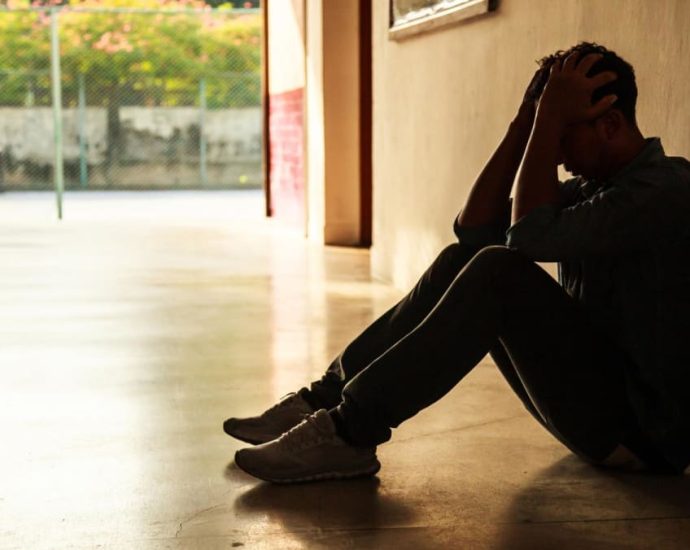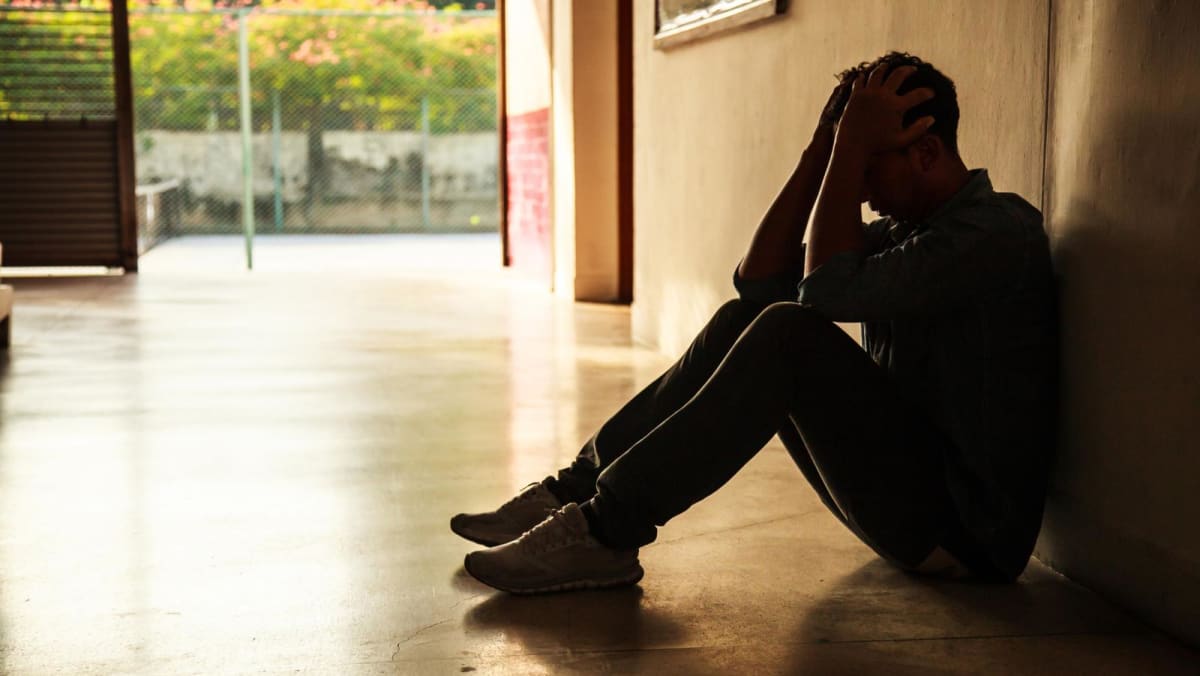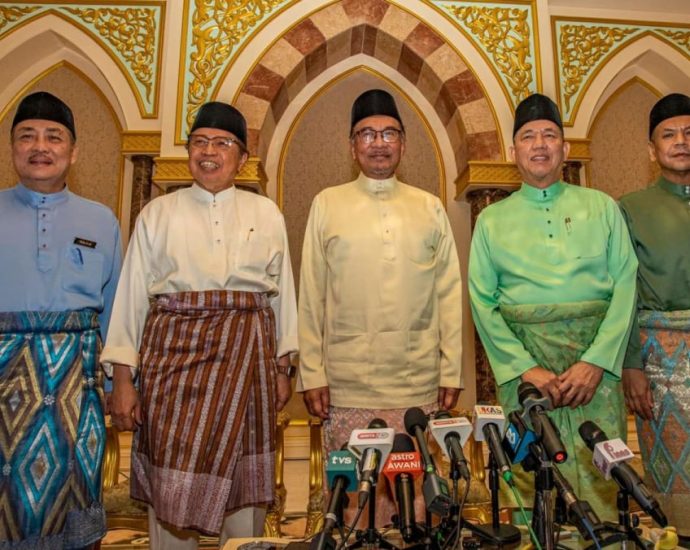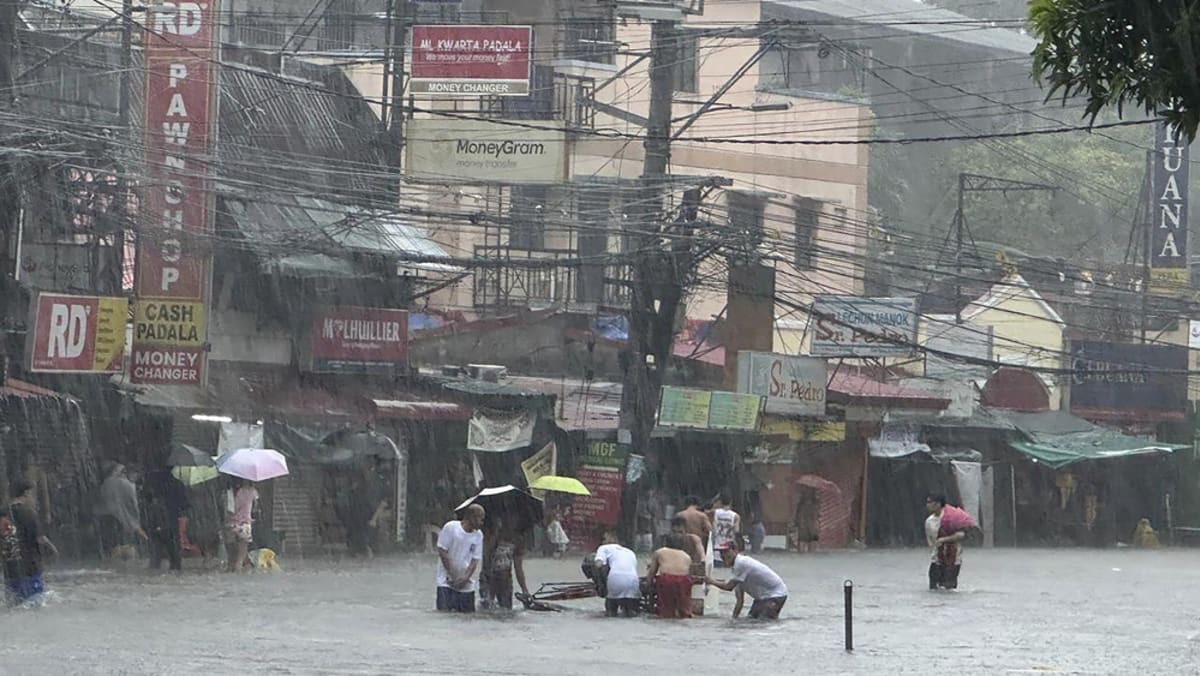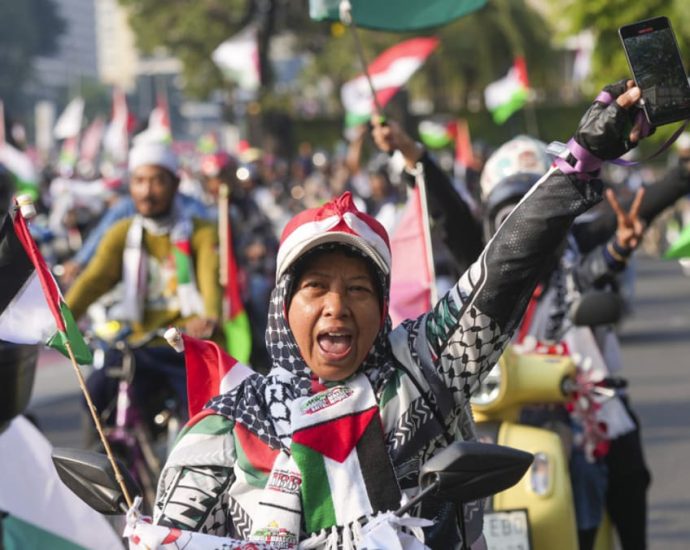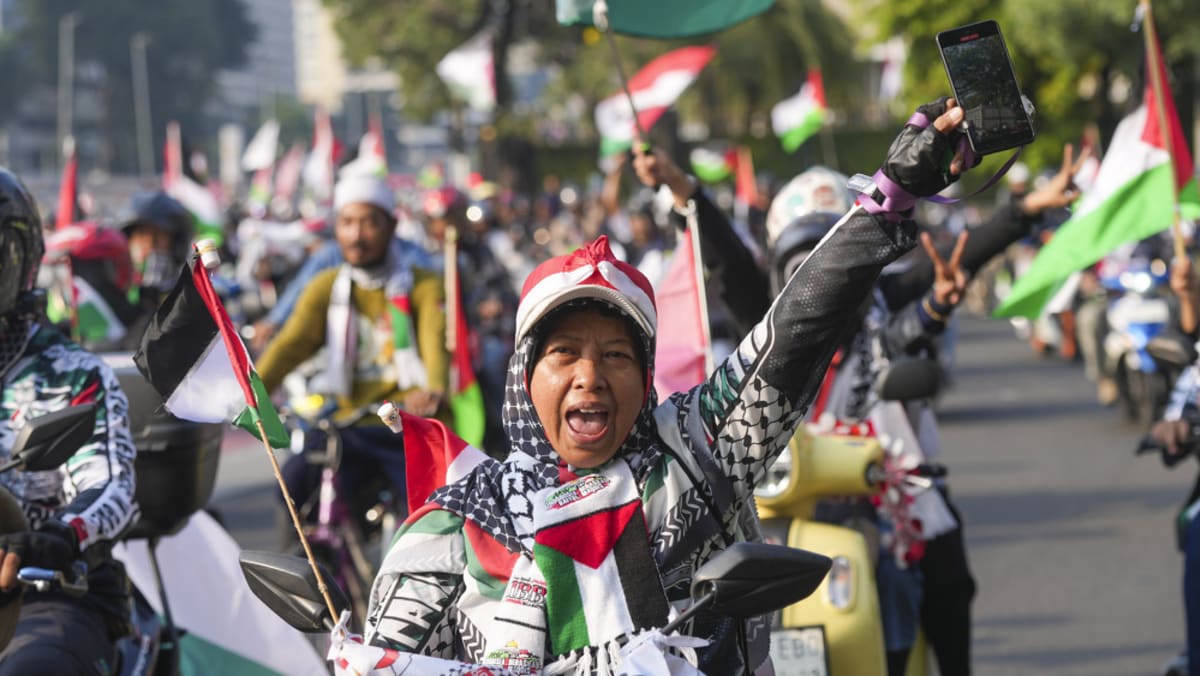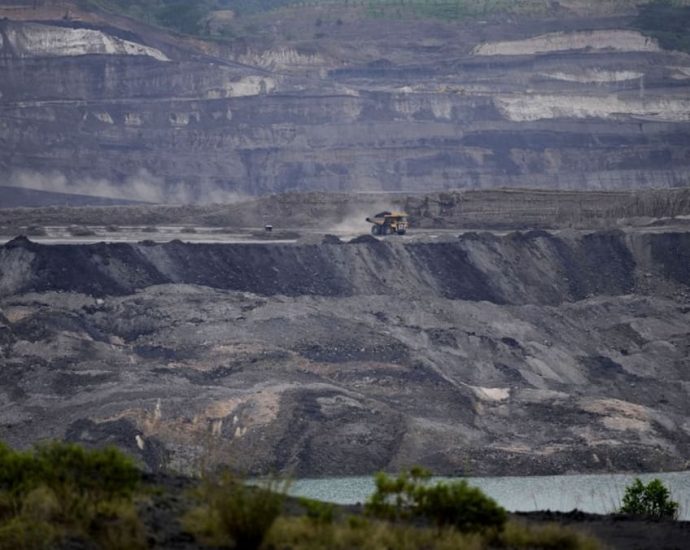Zheng makes China history by reaching Olympic tennis final
Swiatek, a four-time French Open champion at Roland Garros, went into Thursday’s match at a sweltering Court Philippe Chatrier on a 25-match win streak in Paris. The 23-year-old had also defeated Zheng in all of their six previous meetings. However, she was hit off the court by the powerful 21-year-oldContinue Reading


